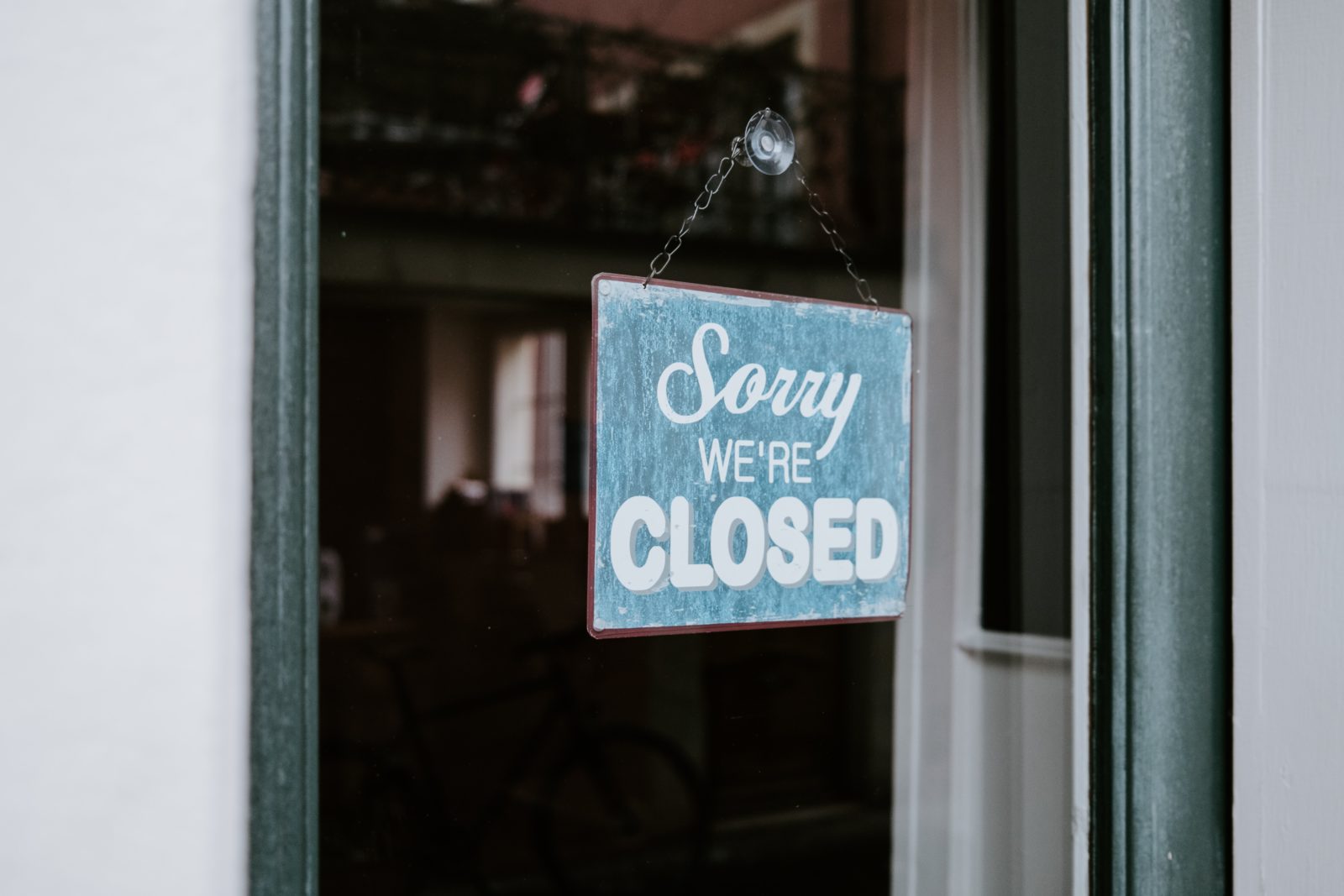There is no doubt that the COVID-19 crisis has introduced unprecedented challenges to businesses and the livelihoods of many. As many states are plunged into further lockdowns, forcing many businesses to suspend their services, employers are confronted with challenging legal questions about their workforce.
One burning question is whether staff can be stood down?
As the JobKeeper enabling stand down directions ceased from 29 March 2021 employers must have recourse to the provisions of the Fair Work Act in order to manage their workforce and respond to the rapidly changing COVID-19 restrictions.
Stand Down Provisions under the Fair Work Act
On 26 June 2021 all ‘non-essential’ services in Greater Sydney were forced to shut down in attempt to mitigate community transmission of Covid-19. The raft of ‘non-essential’ services is changing on a near daily basis. It is therefore important to keep up to date by checking the recent public health orders issued by the government.
Section 524(1) of the Fair Work Act (the Act) allows an employer to stand down employees without pay where they cannot be usefully employed because of a stoppage of work for any cause for which the employer cannot reasonably be held responsible.
If an employer chooses to exercise their right under section 524(1) they need to demonstrate that:
- The employee cannot be usefully employed during the period of the stand down; and
- This is because of either:
- Industrial action;
- Breakdown of machinery or equipment (if the employer cannot reasonably be held responsible for the breakdown); or
- A stoppage of work for any cause for which the employer cannot be held responsible.
Clearly where a government makes an enforceable order to temporarily shut down business operations, it is probable that such directive qualifies as a cause under s 524(1)(c) requiring the stoppage of work for which the employer cannot reasonably be held responsible for.
Stoppage of Work
However, section 524(1)(c) cannot be used simply because of a mere reduction in available work or a disruption to the way work is performed. So what does this mean for employers where a substantial component of their business ceases to operate? For example, a restaurant or café that can remain open but no longer provide dine-in services, can their wait staff lawfully be stood down? The answer ultimately comes down to whether the employee can usefully be employed over the relevant stand down period.
In a recent decision the full bench of the Fair Work Commission has clarified the interpretation of section 524(1).[1] In determining whether an employee may be stood down under s 524(1)(c) the primary question is whether the employee can usefully be employed during the stand down period. If the answer is yes, the stand down will not be authorised and no further inquiry as to causation for the stoppage of work is required.
The Full Bench ultimately upheld the Commissioner’s original decision that the employees were unlawfully stood down. Check out our earlier article which delves into the details of the original decision. However, the appeal decision departs from the reasoning applied by the Commissioner who concluded that there had been no stoppage of work and therefore found it unnecessary to determine whether the employees would be usefully employed over the stand down period. The Full Bench rejected the proposition that stoppage of work required stoppage of some defined business activity. Rather, on its ordinary meaning, “stoppage of work” simply means a cessation of working activity, and the circumstances in which this may occur are diverse.
Leave during a stand down
Employees who are lawfully stood down without pay are still employed for the period of the stand down. As such, leave entitlements such as sick and carer’s leave and annual leave continue to accrue while the employee remains stood down.
However employees who are subject to a lawful stand down are not entitled to take paid sick and carer’s leave or compassionated Leave. Section 525 of the Act provides that an employee is not taken to be stood down under s 524(1) during a period when the employee:
- Is taking paid or unpaid leave that is authorised by the employer; or
- Is otherwise authorised to be absent from his or her employment.
The Full Court of the Federal Court has clarified that when an employee is lawfully stood down there is no requirement to pay for leave during a stand down unless the exercise is authorised. The court held that the stand down provisions provide “authority to an employer to be relieved of the requirement to make payments to employees during a period when the employees cannot usefully be employed”.[2]
Thus, while employees are still able to take annual leave during a lawful stand down, they are not entitled to take personal and carer’s leave or compassionate leave.
Key Takeaway
In this rapidly changing crisis employers must remain vigilant in reviewing their rights and obligations under the legislation and government directives. In addition, it is imperative to consider the legislative requirements in light of any applicable Award, Enterprise Agreement and employment contract.
If you require any assistance in navigating how the stand down provisions apply to your business or for further information contact our employment team.
[1] The Peninsula School t/a Peninsula Gramma School v Independent Education Union of Australia [2021] FWCFC 844.
[2] Communications, Electrical, Electronic, Energy, Information, Postal, Plumbing and Allied Services Union of Australia v Qantas Airways Limited [2020] FCAFC 205 at [39].
Article prepared by: Margaret Gotsopoulos, Graduate






































































